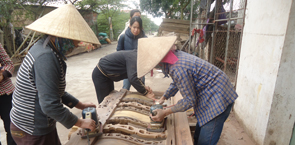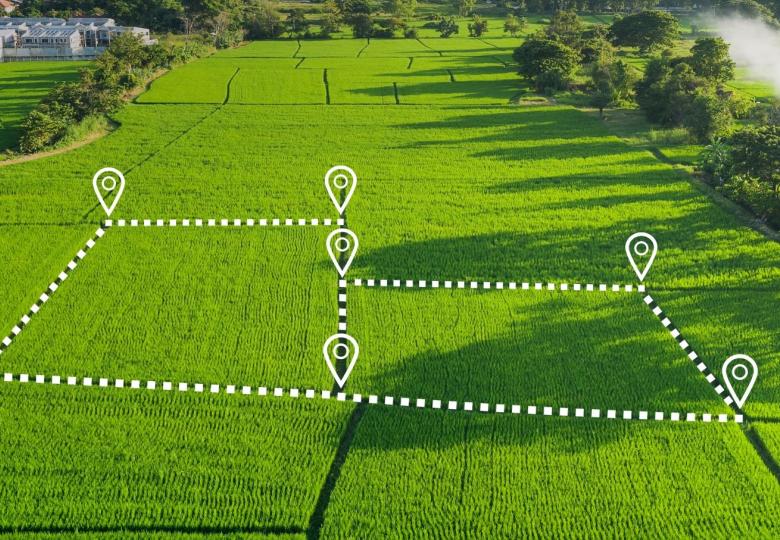Diagnosis and Regulatory Assessment of the Value Chains for Forest Product Enterprises in the Mekong Subregion
This project aimed to foster private and public engagement in forest sector governance and legal forest management in the Mekong Subregion, to support the creation of better opportunities for employment and income for people and communities that rely on forests.
The objectives of the project were to:
- Improve the understanding of how small forest products enterprises operate in Lao, Myanmar, Thailand and Vietnam.
- Analyse the regulatory obstacles faced by small enterprises and the resulting impacts on their viability and their potential contributors – both economic and environmental – to national economies in Lao PDR, Thailand and Vietnam.
- To prepare recommendations for relevant policy and regulatory reform in these three countries.
Project approach
The research methodology for this project was divided into two parts. The first part focused on diagnosing the structure and small-scale (including informal) forest products enterprise value chains. Based on the results of the first part, part two focused on analysing the impact of the existent regulations on small enterprises, and to help national stakeholders prepare solutions recommendations in order to reduce the regulatory burdens on this sector, including possible reform of the current legislation.

Preferred by Nature and Forest Trends joined forces and carried out this highly complex project with inputs from 6 international experts supporting 15 national experts in the four Mekong countries. The research employed a regional framework for understanding small-scale forest product enterprises, including those in the informal sector, and their structure, dynamics, and governance mechanisms, for selected timber value chains (VCs) in each of the four countries – Lao PDR, Myanmar, Thailand and Vietnam.
Research has examined the source and final destination of wood products in these VCs, i.e. whether they have used imported or domestically sourced wood materials, or were producing/processing for local or export markets.
The project has also analysed gender role in timber VCs, including gender division of labour, assessment of women’s position in the chain and institutional and legal framework facilitating or impeding their participation in VCs. The research has also identified opportunities to strengthen the small forest product enterprise sector, and opportunities to support or enhance women’s engagement in the sector.
Project results
The project ran from May 2017 to August 2018 and the outcomes of the project are:
- Recommendations for relevant policy and regulatory reforms in Lao, Thailand and Vietnam. The work supports regional stakeholder groups, networks, processes and dialogues that complement and strengthen the work of the Association of South East Asian Nations (ASEAN) in developing regional forest policy and cooperation on FLEGT.
- Recommendations that address regulatory barriers and other obstacles, including those specific to women, faced by small enterprises in forest product value chains.
- Improved understanding and support mechanisms development in the private sector, and especially among SMEs, that enabled them to comply with changing market requirements.

The outcomes of this work support the implementation of the EU FLEGT Action plan, and contribute to poverty eradication and sustainable forest management in Southeast Asia.

Sustainable Management of Small Forest Properties for Resilient Forests in Europe (SMURF)
Europe's forests, crucial for their ecological and economic value, face mounting threats. Climate change fuels extreme weather eve...

Innovation Alliance for Training Programmes for Deforestation-Free Supply Chains in Europe (EMM...
Deforestation is the primarily result of the expansion of agricultural land for forest risk commodities (FRCs) such as cattle, woo...

FAO Geolocation collection and communication protocol
In an effort to combat deforestation and promote tools which enhance global monitoring and supply chain traceability, Preferred by...

Preferred by Nature conducts mid-term evaluation for Sabah Landscapes Programme, Malaysia
Forests are intrinsic to the balance of life in Sabah, Malaysia. However, decades of irresponsible logging and clearance for oil p...